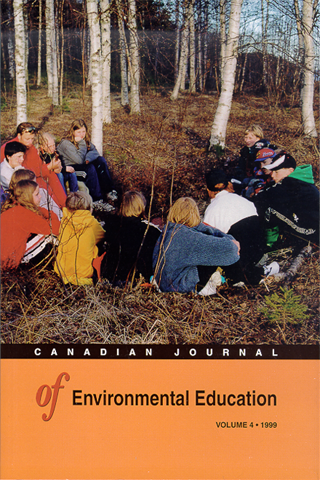Environmental Education and Academic Border Crossings: Addressing (Educational) Imperialism in Aotearoa New Zealand
Abstract
The increasing use of environmental education as a vehicle for directing people's behaviours and attitudes towards "sustainable" living confronts a number of challenges when implemented across national and cultural borders. The extent to which it is possible to reconcile culturally inscribed pedagogical pursuits across boundaries-whether physically, geographically, or socioculturally constructed-demands special attention to whether such pursuits genuinely reflect a "sustainable future" or whether they merely reflect a new form of (educational) imperialism. The combined realities of the trans-boundary nature of many environmental problems and the increased use of boundary blurring technologies, such as the internet, require environmental educators to consider the relevance and challenges of such borders and boundaries. This is no less true for "nomadic academics" who are educated within one set of cultural norms, e.g., in the Western, modern paradigm, and ultimately teach in alternative settings where the modern, Western paradigm is not the only, or the "best," set of values which exist. In order to address these issues, I provide a narrative concerning my experiences as an American-trained political scientist teaching sociocultural issues and environmental management in Aotearoa New Zealand. Due to the significance of Maori, Aotearoa's First People, the expression of partnership conveyed in Te Tiriti o Waitangi/Treaty of Waitangi and the recognition of Maori resource management practices in New Zealand's primary piece of environmental legislation, the Resource Management Act 1991, it is vital that environmental educators learn to use pedagogical techniques which enhance cross'cultural communication and thereby attempt to minimise imperialising effects. In my paper, I not only reflect upon these challenges, but I discuss four principles useful in mediating continued (educational) imperialism: reflexivity, respect, dignity, and reciprocity.Downloads
Published
1999-01-01
Issue
Section
Articles


